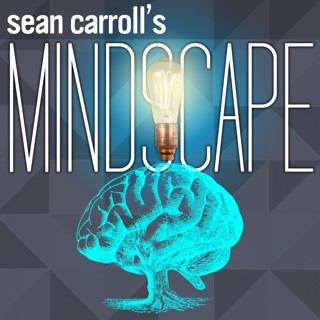
168 | Anil Seth on Emergence, Information, and Consciousness
Those of us who think that that the laws of physics underlying everyday life are completely known tend to also think that consciousness is an emergent phenomenon that must be compatible with those law...
11 Loka 20211h 25min

167 | Chiara Marletto on Constructor Theory, Physics, and Possibility
Traditional physics works within the "Laplacian paradigm": you give me the state of the universe (or some closed system), some equations of motion, then I use those equations to evolve the system thro...
4 Loka 20211h 35min

166 | Betül Kaçar on Paleogenomics and Ancient Life
In the question to understand the biology of life, we are (so far) limited to what happened here on Earth. That includes the diversity of biological organisms today, but also its entire past history. ...
27 Syys 20211h 14min

165 | Kathryn Paige Harden on Genetics, Luck, and Fairness
It's pretty clear that our genes affect, though they don't completely determine, who we grow up to be; children's physical and mental characteristics are not completely unrelated to those of their par...
20 Syys 20211h 25min

AMA | September 2021
Welcome to the September 2021 Ask Me Anything episode of Mindscape! These monthly excursions are funded by Patreon supporters (who are also the ones asking the questions). I take the large number of q...
16 Syys 20213h 38min

164 | Herbert Gintis on Game Theory, Evolution, and Social Rationality
How human beings behave is, for fairly evident reasons, a topic of intense interest to human beings. And yet, not only is there much we don't understand about human behavior, different academic discip...
13 Syys 20211h 29min

163 | Nigel Goldenfeld on Phase Transitions, Criticality, and Biology
Physics is extremely good at describing simple systems with relatively few moving parts. Sadly, the world is not like that; many phenomena of interest are complex, with multiple interacting parts and ...
6 Syys 20211h 31min

162 | Leidy Klotz on Our Resistance to Subtractive Change
There is no general theory of problem-solving, or even a reliable set of principles that will usually work. It's therefore interesting to see how our brains actually go about solving problems. Here's ...
30 Elo 20211h 14min













